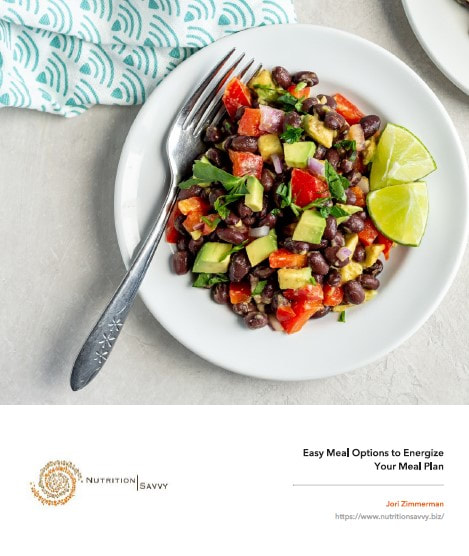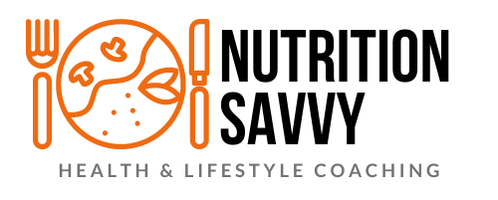|
Not the most glamorous topic but to be successful at meal prep you need to have a good understanding of food storage. So here is a little food storage 101 to make sure that your hard work doesn’t get wasted.
Food Storage Basics
Food Storage Containers
Best Ways to Store Foods Egg Cups, Breakfast Casseroles, Casseroles – Full Baked
How to Avoid Freezer Burn
Best way to avoid freezer burn is to keep air away from your food as much as possible. Using containers with airtight lids will go a long way to preventing freezer burn, but here are some additional tips:
|
|
|
|
Happy Cooking!!!!
Author
Hello! I'm Jori Zimmerman, a nutritionist and owner of Nutrition Savvy. I work with individuals that are looking to make dietary and lifestyle changes that will lead them to living a healthier and higher quality of life.
Archives
February 2021
October 2020
August 2020
July 2020
June 2020
May 2020
June 2019
May 2019
April 2019
March 2019
February 2019
January 2019
December 2018
November 2018
October 2018
September 2018
August 2018
July 2018
June 2018
May 2018
April 2018
March 2018
February 2018
January 2018
December 2017
November 2017
October 2017
September 2017
August 2017
July 2017
June 2017
April 2017
March 2017
February 2017
September 2015
April 2015
March 2015
Categories
All
Balance Diet
Batch Cooking
Breakfast
Budget Shopping
Coconut Aminos
Coffee
Corporate Nutrition
Costco
Diabetes
Exercise
Fall
Food Storage
Freezer Inventory
Healthy Eating
Healthy Holidays
Healthy Lifestyle
Heart Health
High Blood Pressure
Instant Pot
Label Reading
Meal Planning
Mindful Eating
Nutrition
Obesity Impact On Economy
Recipes
Sleep
Sugar
Travel
Veggies
Water
Weight Loss
Whole Food
|
|
Jori Zimmerman, Nutritionist and Owner
[email protected] 303-585-1025 Tucson, AZ 85715 Disclaimer |
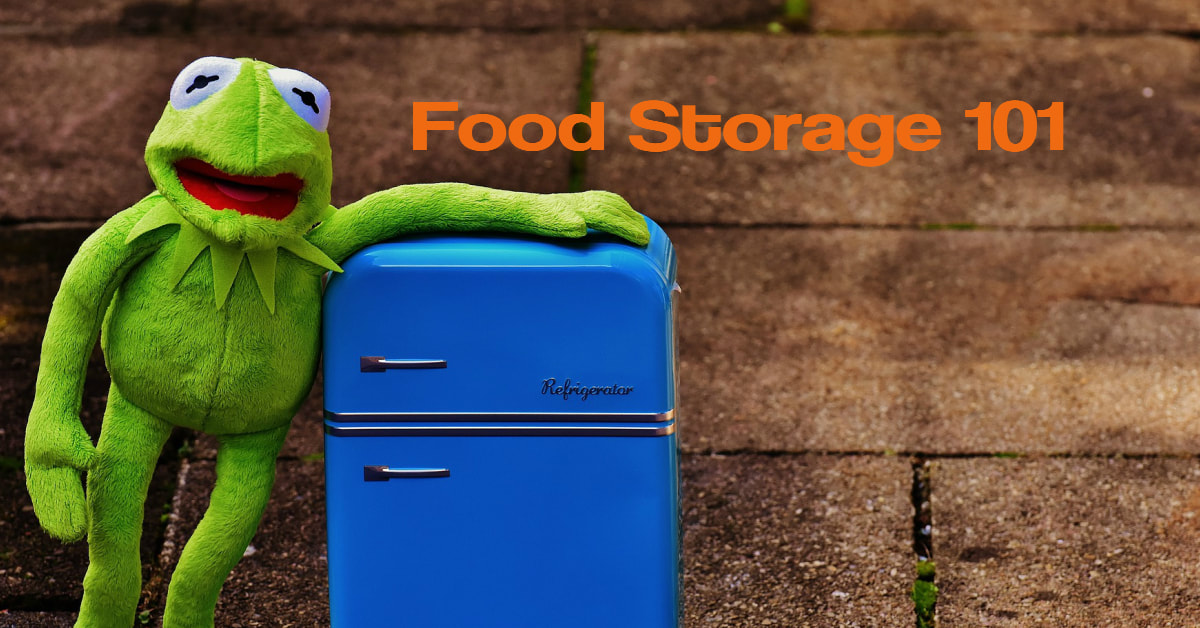
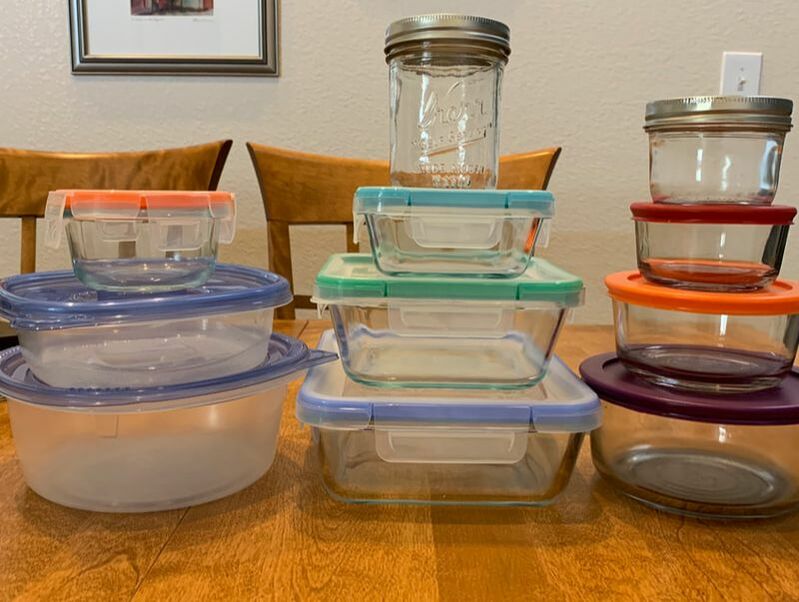
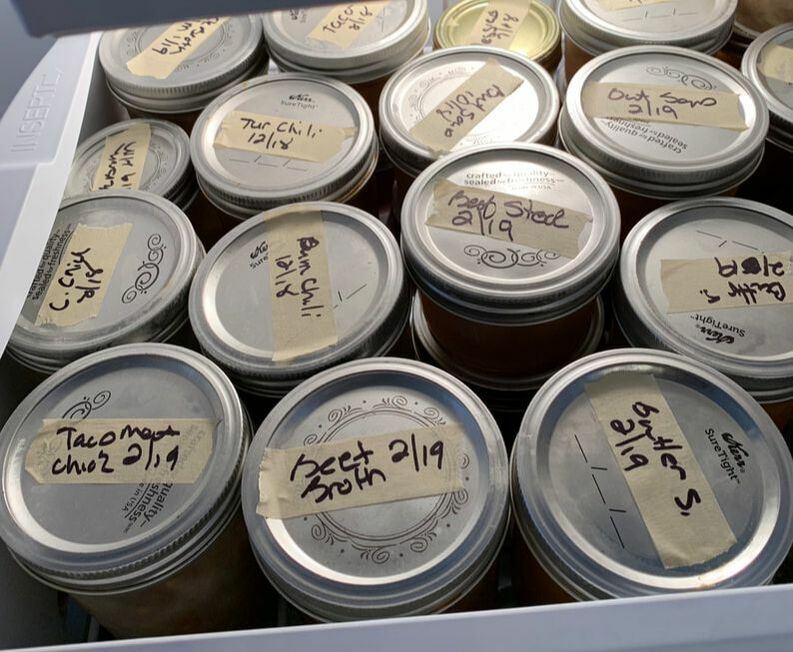
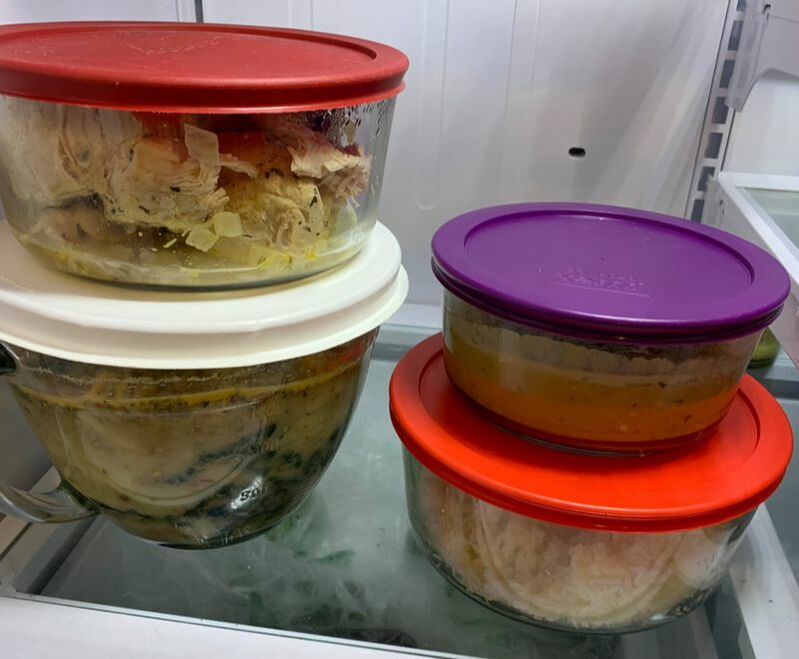
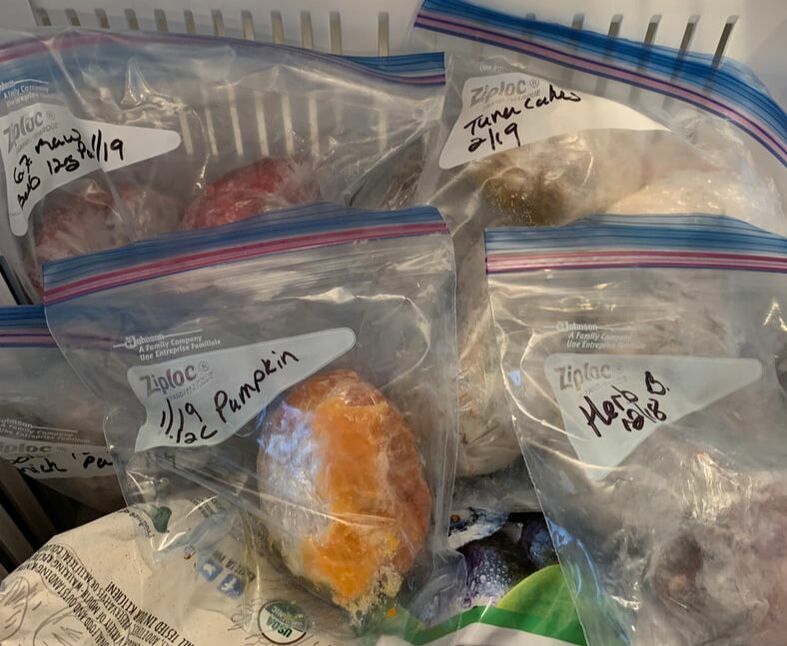
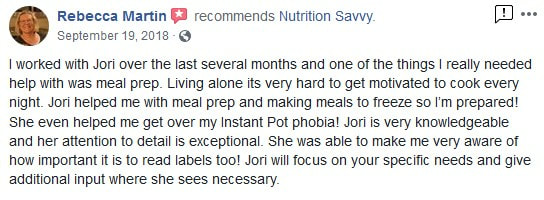


 RSS Feed
RSS Feed
